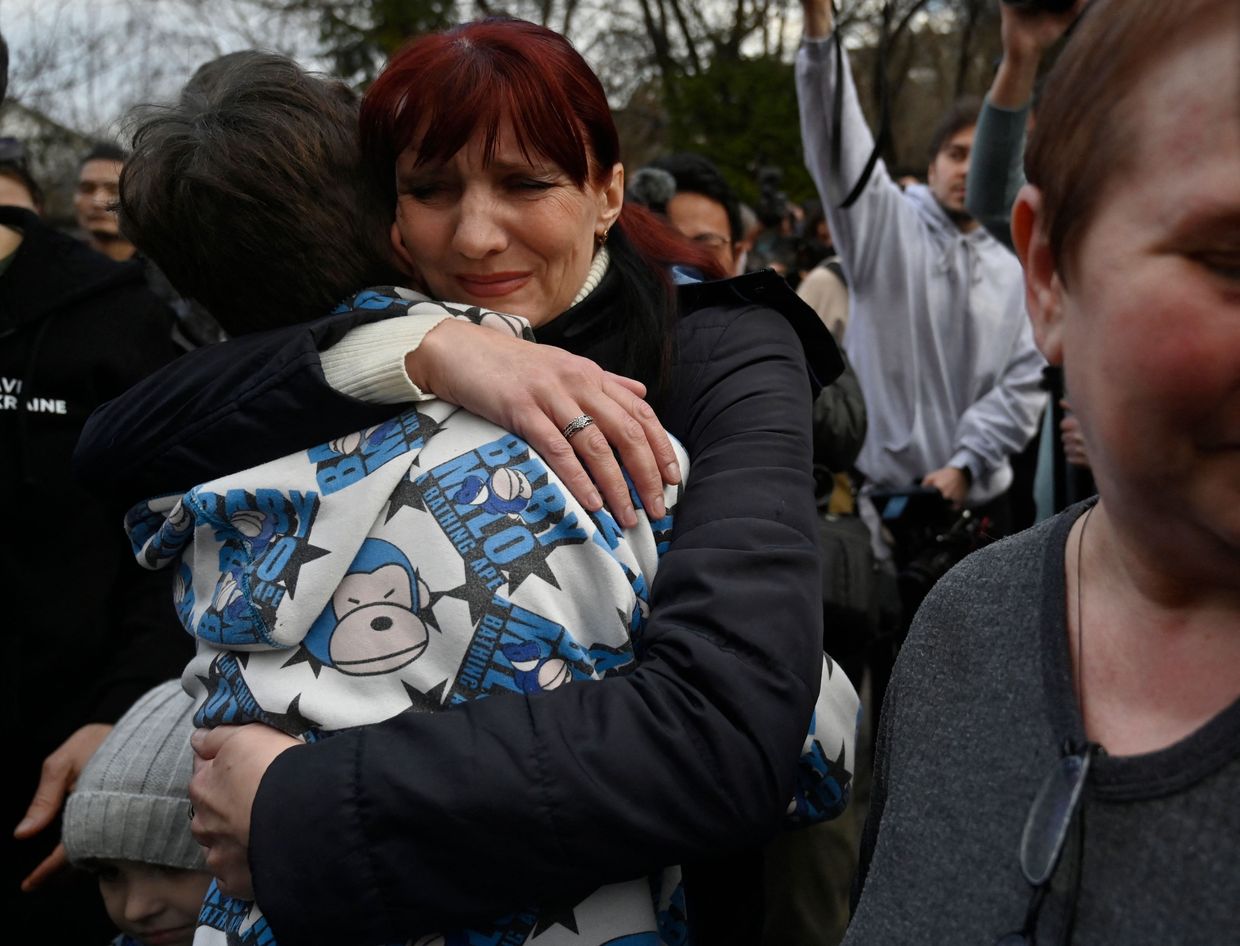Zelensky: 'Never again will Ukraine pay with its sovereignty for illusory promises of peace'

President Volodymyr Zelensky said on Oct. 1, when Ukraine marks the Defenders Day, a public holiday honoring veterans and fallen soldiers, that the country will never again “pay with the future of its children, its sovereignty and its will for illusory promises of peace.”
“Ukraine has made historical conclusions,” Zelensky said.
In 1994, three years after gaining independence, Ukraine, which had the third largest nuclear arsenal in the world and included more than 5,000 strategic and tactical weapons, signed the Treaty on the Non-Proliferation of Nuclear Weapons (NPT) and the Budapest Memorandum.
The country expected extended security assurance in return for moving warheads to Russia, which 20 years later would brutally violate memorandum and invade Ukraine.
“Our unity must enable us to go all the way to drive the occupier out of our land. And it will,” Zelensky said. “Courage, resilience, and unity are the things we must not lose in order not to lose Ukraine.”
As of the beginning of August, 12 countries – Belgium, Denmark, Ireland, Iceland, Spain, Norway, the Netherlands, Portugal, Romania, Finland, the Czech Republic, and Sweden – have already joined the G7's joint declaration on security guarantees for Ukraine.
The guarantees, including addressing issues of sanctions, financial assistance and post-war reconstruction, are expected to strengthen Ukraine's ability to resist Russian aggression.











